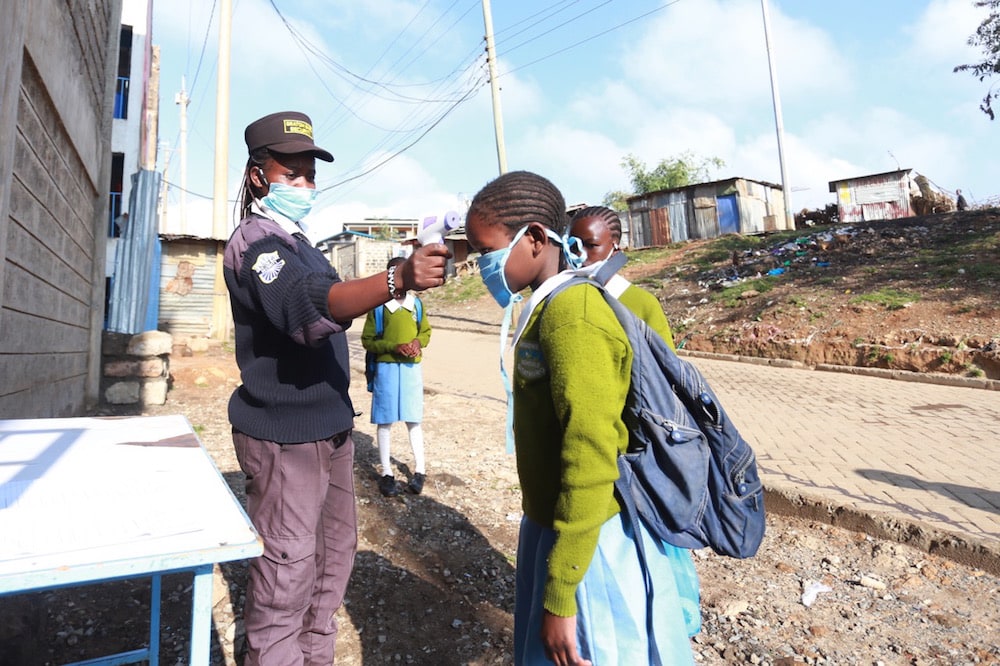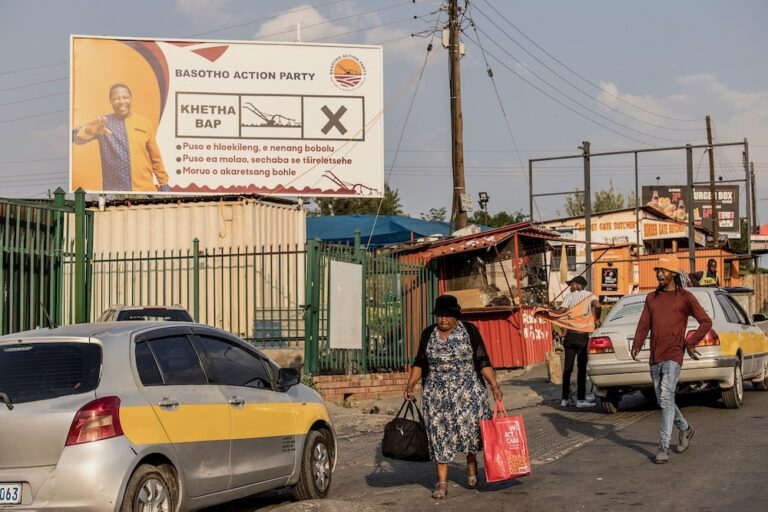Experts in Africa have urged civil society and the public to maintain vigilance on the COVID-19 laws, policies and practices on data protection and freedom of expression adopted in their various countries in order to advocate for their repeal once the situation no longer demands such measures.
This statement was originally published on africafex.org on 6 October 2020.
Experts in Africa have urged civil society and the public to maintain vigilance on the COVID-19 laws, policies and practices on data protection and freedom of expression adopted in their various countries in order to advocate for their repeal once the situation no longer demands such measures.
This, the experts said, is necessary to prevent entrenchment of restrictions of freedoms and invasion of privacy that were introduced as part of emergency measures to curb the spread of COVID-19.
The call was made on September 28th 2020 during a session held by the Africa Freedom of Expression Exchange (AFEX) at this year’s Forum on Internet Freedom in Africa (FIFAfrica). The session was titled Fighting COVID-19: Data Protection and Privacy Concerns”, and was moderated by Edetaen Ojo, Executive Director of Media Rights Agenda and chairperson for AFEX. The panelists were Ms Avani Singh from Alt Advisory, South Africa, Ms Nompilo Simanje of MISA-Zimbabwe, Mr Paul-Joel Kamtchang of ADISI-Cameroun and Ms Grace Githaiga of the Kenya ICT Action Network.
The discussion was held in response to growing concerns within civil society that many of the restrictions on people’s freedoms by governments across Africa in the wake of the COVID-19 outbreak had raised data protection and privacy concerns.
The panelists indicated that many of the measures and practices adopted by some governments in Africa to control the the COVID-19 pandemic, some of which have implications for data protection and privacy of citizens are problematic. They noted for, instance that many of the measures do not have a specific duration and are not subject to judicial or parliamentary oversight, and are, therefore, liable to be abused.
In the light of this, the experts recommended the tracking of all measures that have the potential to infringe established data protection and privacy principles in order to advocate for their repeal once the conditions for which they were enacted no longer exist.
The experts also made the following recommendations;
- International collaborations and solidarity are key to successful roll-back of restrictions.
- Share of information and best practices among countries in respect of scaling back laws that unduly undermine data protection and privacy
- Engage legislators and opinion leaders to support the advocacy
- Organize training workshops for media practitioners and civil society on the issues at stake and their implications for human rights
- Encourage strategic litigation to set precedent and push back on some of the laws
- Amplify and mobilise members of the public to make submissions during public hearings etc
- Collaborate with information and data protection agencies, telecom operators and policy makers around the region
- Undertake a mapping exercise at the country level, sub-regional and regional levels to identify gaps and inconsistencies in data protection and privacy measures adopted in the wake of the COVID-19 in order to advocate for harmonization.
- Develop a road map for the roll-back of problematic laws and practices and track progress.
Members of AFEX:
ADISI-Cameroon
Africa Freedom of Information Centre
Association for Media Development in South Sudan
Center for Media Studies and Peace Building
Collaboration on International ICT Policy in Eastern and Southern Africa (CIPESA)
Freedom of Expression Institute
Gambia Press Union (GPU)
Human Rights Network for Journalists – Uganda
Institute for Media and Society
International Press Centre
Journaliste en danger
Media Foundation for West Africa
Media Institute of Southern Africa
Media Rights Agenda
West African Journalists Association



